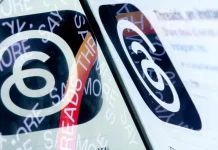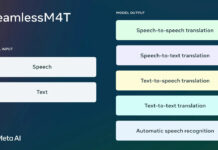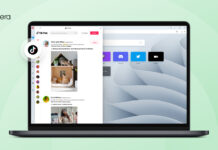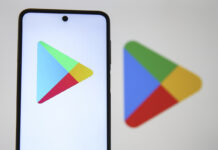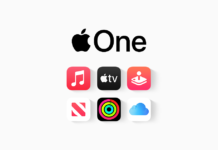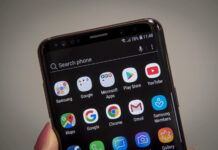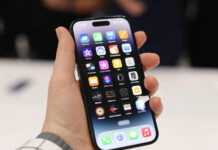Google on Wednesday said it’s holding an online event next month to unveil the beta version of Android 11, the next generation of the search giant’s mobile operating system.
The event, scheduled for June 3 at 8 a.m. PT, will feature keynote addresses from Google executives including Android’s vice president of engineering, Dave Burke, and senior director of product management Stephanie Cuthbertson. After that, the company will hold a live question-and-answer session and technical talks aimed at software developers.
The search giant normally unveils Android at Google I/O, the company’s annual developer conference and its biggest event of the year. But the gathering was canceled this year due to the spread of the novel coronavirus.
Google has already released a handful of developer previews of Android 11, test versions of the software for app makers to try out before the operating system is released more widely.
One new feature lets people grant apps one-time access to location, microphone and camera data, instead of developers getting more broad access to the information. With the new option, app makers will only get data until the user moves away from the app. After that, developers will have to ask for permission again.
Another upgrade tackles annoying robocalls. Android 11 will let call-screening apps do more to prevent spam calls. The software will let apps verify a call’s “stir/shaken” status, which protects against spoofing. It can also record why someone rejected a call. If a user grants permission, the app can see if a call came from someone in their contacts or an outside number.
Android is the most dominant mobile operating system in the world, powering almost nine out of 10 smartphones shipped globally. But Google’s biggest challenge with new versions of Android is actually getting them on people’s phones, since wireless carriers and handset makers can slow down the process.
Google hasn’t released user figures for the previous version of the software, Android 10. But the last time Google updated its distribution numbers in May 2019, Android 9 had only been installed on 10.4% of Android phones. The three versions released before that make up 64.4% of Android phones. By contrast, 77% of Apple’s iPhones are on the most recent version of its operating system, iOS 13.
See Also:- Google Pixel Buds Review

